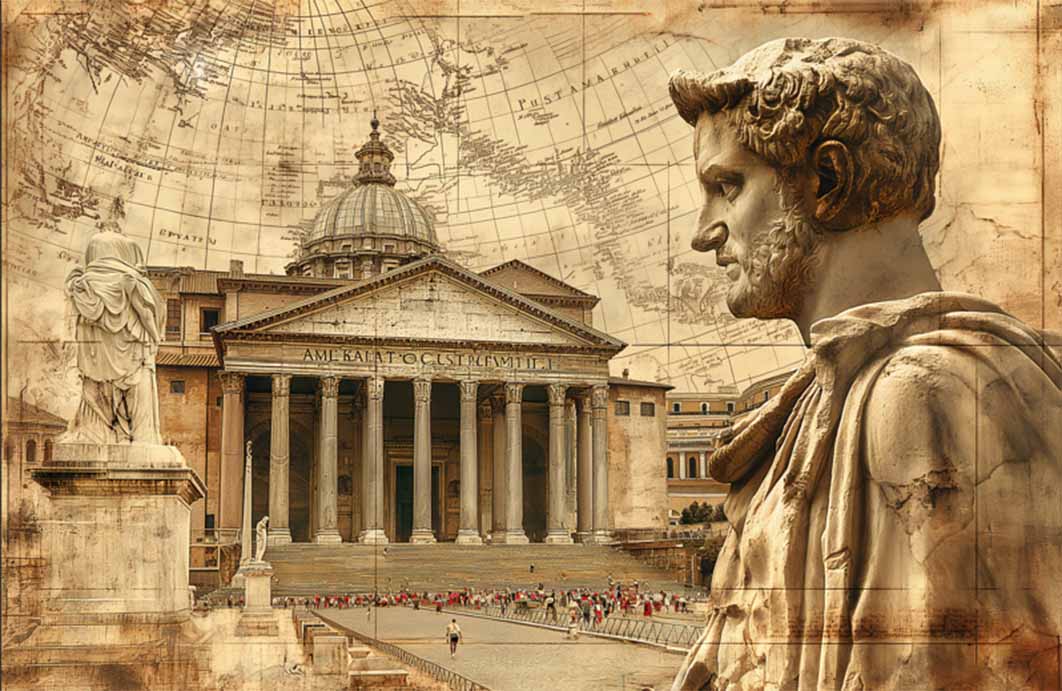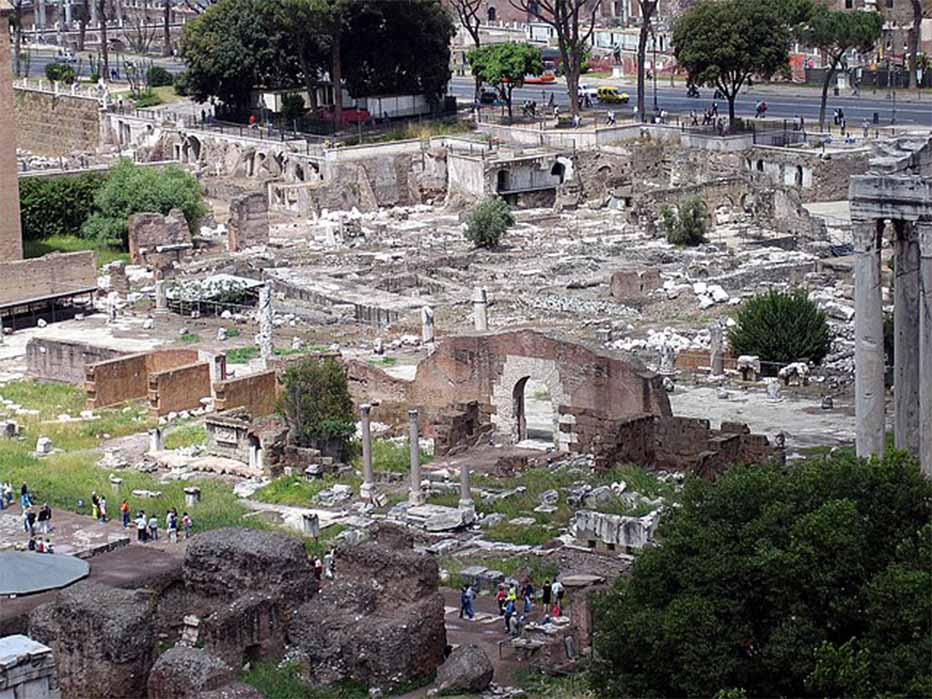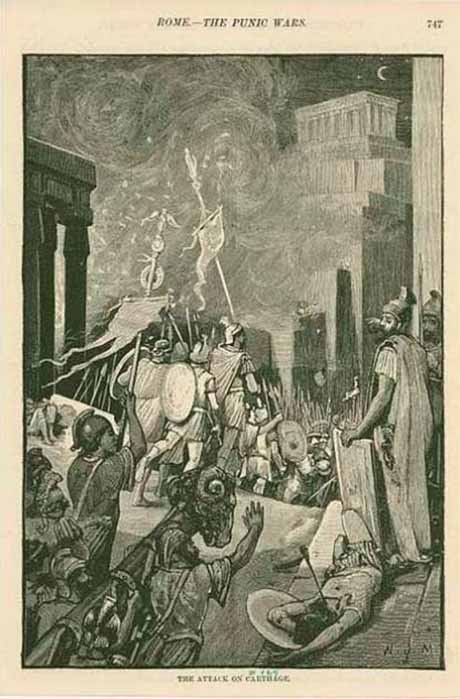
Imperium Sine Fine, Frontiers, and City Walls: Early Rome to the Emperor Aurelian
The Latin word imperium originally meant power, specifically the power to command armies, and also civilians. Such power was conferred by law on a Roman official, such as a consul, a praetor, or any appointed military commander. Later, when Roman rule extended over provinces, imperium Romanum referred to the whole Roman Empire.
The concept of power without end, in the temporal and territorial sense, was not ingrained in the Roman psyche from the very beginning of Rome. This idea came later, under the first emperor Augustus. Endless conquest was promoted by Virgil in his Aeneid, in which he describes how Jupiter promised Rome imperium sine fine. Augustus had a vested interest in making it all seem possible, as though domination of the world was just within the grasp of Rome.
This would have been far from the minds of the very early Romans, who inhabited little more than a village on the Palatine hill, in close proximity with settlements on most of the other hills. The first settlement on the Palatine hill has been dated to the eighth century BC and was defended by a wall of pressed clay supported between timber uprights, with three or four gates to allow access in and out of the occupied area. Gradually Rome spread into what would become the Forum, and then over the other hills. A wall was built around the new city, but its date is much disputed.
- Third-Century Roman Empire: Revival From Chaos 270 – 285 AD
- The Constantinian Dynasty - Five Successors, One Victorious Emperor

Most of the devastation we can see here took place in the sixteenth century, when stone-robbers pillaged the ancient ruins of the Forum. palatine view of forum (Anthony M. from Rome, Italy/ CC BY 2.0)
Expansion of Roman rule was not one of early Rome’s priorities, while defense was a predominant requirement against several tribes who sometimes gave the Romans a run for their money. One Roman trait emerged very quickly: stubbornness and a refusal to give in. There was no permanent army in Rome, but citizens were obliged to serve as soldiers to meet each threat. These wars were small scale affairs, usually called foreign wars by Roman and Greek historians, but fought only a few miles away from the new city. The Romans dealt with defeated people in different ways, sometimes killing them or enslaving them, and obliterating their settlements. Alternatively, the Romans sometimes brought all the inhabitants to Rome, made them citizens, and gave them space to settle in their nascent city.
The Romans thought in terms of controlling people rather than territories, and they found ways of maintaining their hegemony without either slaughtering people or taking them over entirely. The number of alliances with the peoples of Italy steadily grew. The allies contributed soldiers, at their own expense, to fight alongside the Romans. Reciprocally, the allies could call on Roman help if they were threatened. By the middle of the third century BC, the Romans were allied to more than 250 Italian states.
Besides making alliances to bind other communities to Rome, after winning wars, the Romans founded colonies in the tribal centers and surrounding lands, where the inhabitants were often the original people settled alongside Romans and other tribes. These were self-governed settlements, with the obligation to defend their territories against invaders and bandits. The Romans had not yet established frontiers, but the colonies were like frontier outposts.
- The Legacy of Emperor Magnus Maximus, Despite His Damnatio Memoriae
- A Crumbling Roman Empire: Treachery, Mutiny And Plague 250 – 270 AD

Roman legions fought against Carthage during the First Punic War. (Public Domain)




